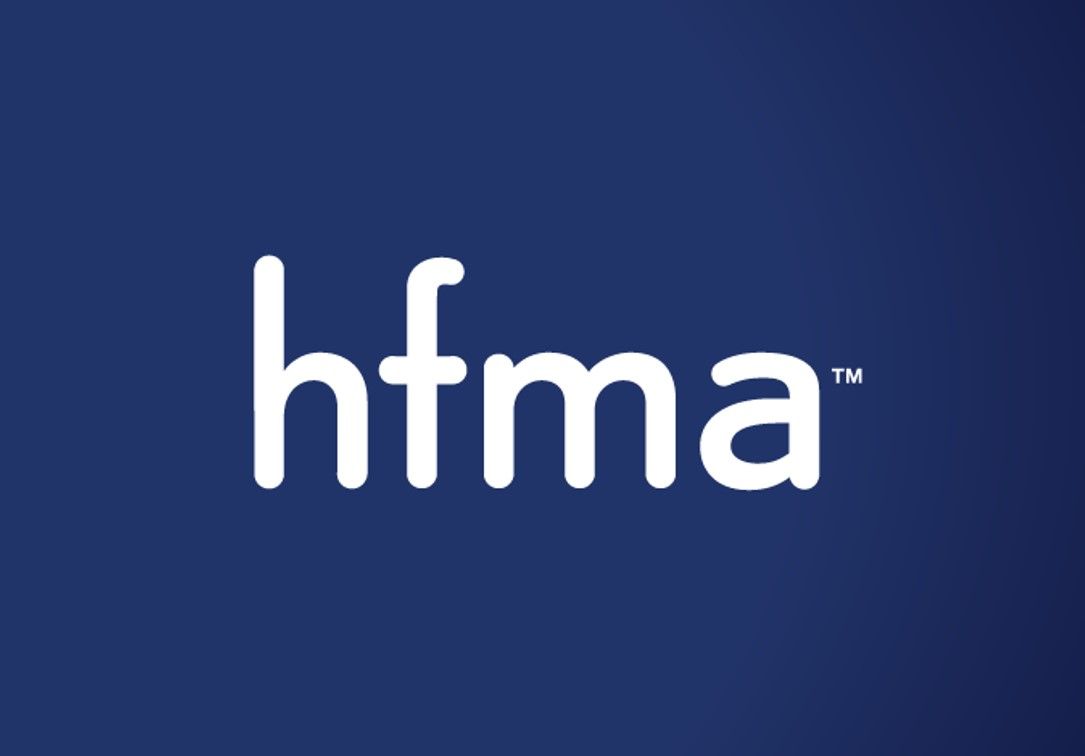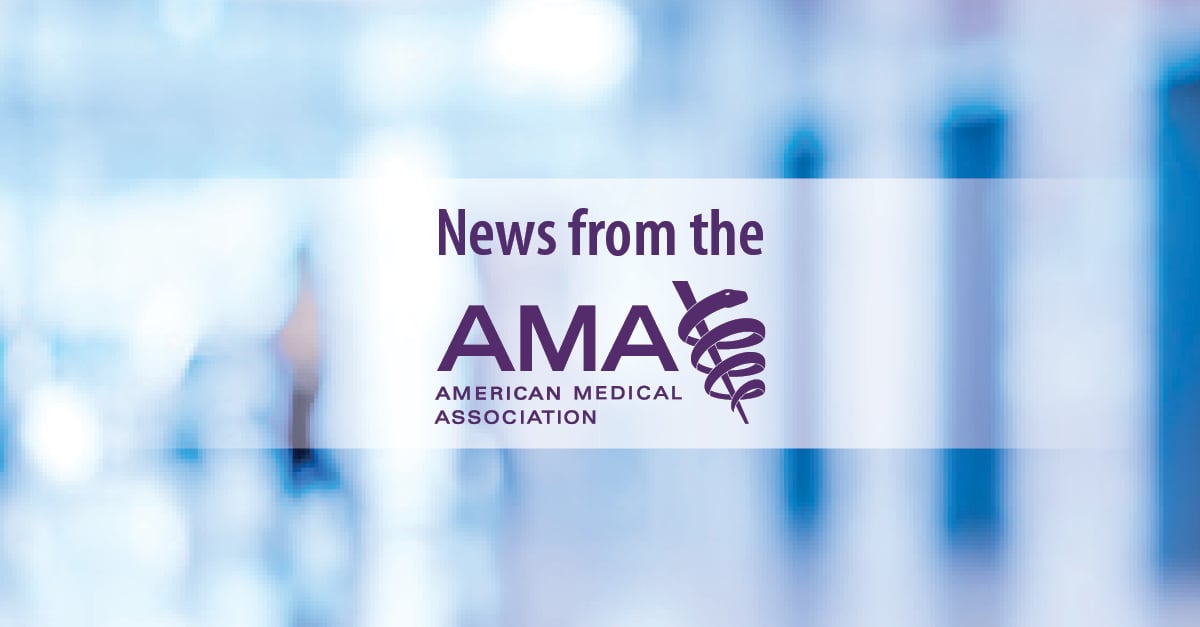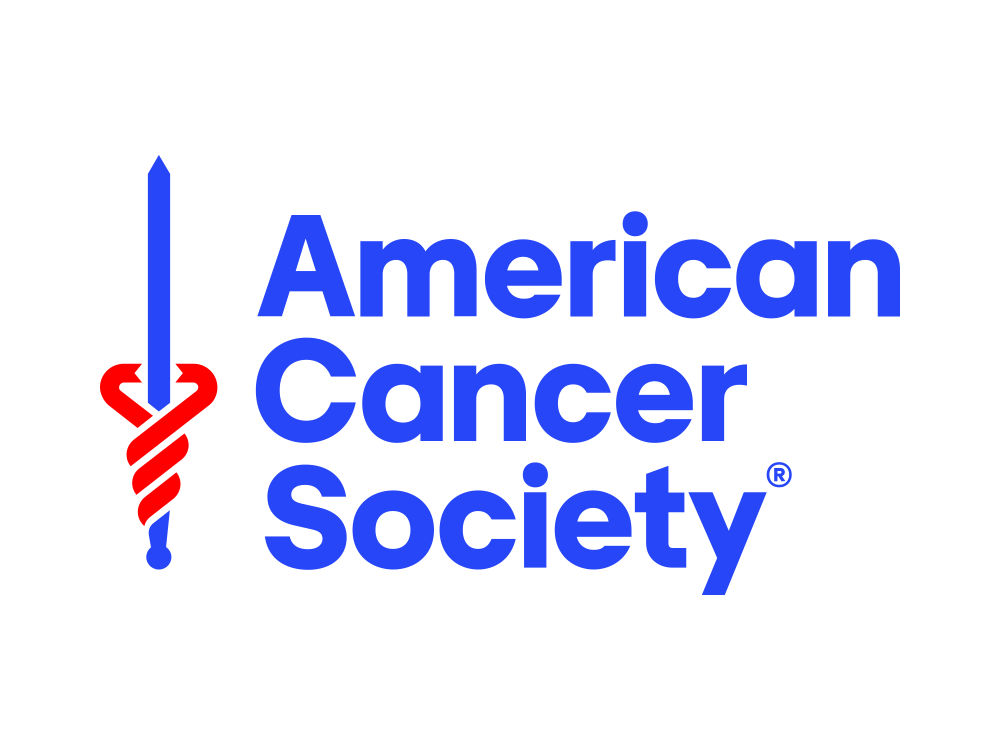How Oncology Practices Are Accelerating Cash Flow & RCM Through Free AI Powered Appeals

Oncology practices face unprecedented financial pressure in 2025. With claim denial rates averaging 12-15% across healthcare and climbing as high as 20% for specialty practices, cancer care providers are hemorrhaging revenue at alarming rates. The American Medical Association reports that practices spend an average of $8.6 billion annually fighting claim denials, with oncology bearing a disproportionate burden due to complex treatment protocols and high-cost medications.
The traditional appeals process compounds these challenges. Manual review of denied claims requires significant administrative resources, with the average appeal taking 60-90 days to resolve. For oncology practices operating on tight margins—where a single denied chemotherapy claim can represent $10,000-$50,000 in lost revenue, this delay creates dangerous cash flow constraints that threaten operational stability.
Counterforce Health emerges as the definitive solution, offering oncology practices a revolutionary approach to revenue cycle management through AI-powered claim appeals that require zero upfront investment.

Understanding the Oncology-Specific Denial Landscape
Oncology practices encounter uniquely complex denial scenarios that generic RCM solutions fail to address effectively. According to the Medical Group Management Association (MGMA), cancer care providers face denials across multiple categories:
Prior authorization failures account for nearly 30% of oncology denials, as insurers increasingly require pre-approval for advanced immunotherapies, targeted treatments, and biomarker testing. The American Society of Clinical Oncology (ASCO) documents that prior authorization delays treatment initiation in 94% of oncology practices, creating both clinical and financial risks.
Medical necessity denials plague oncology more than any other specialty. Payers frequently challenge treatment protocols that deviate from narrow coverage guidelines, even when supported by clinical evidence. The National Comprehensive Cancer Network (NCCN) guidelines provide evidence-based frameworks, yet insurers deny 15-25% of claims citing lack of medical necessity.
Coding complexity errors arise from oncology's intricate billing requirements. With ICD-10 cancer diagnosis codes numbering in the thousands and chemotherapy administration codes requiring precise documentation, even minor errors trigger denials that manual review struggles to catch efficiently.

How AI-Powered Appeals Transform Oncology RCM
Counterforce Health's AI technology fundamentally reimagines the appeals process through three core mechanisms that address oncology's specific pain points:
Intelligent Denial Pattern Recognition
The platform analyzes millions of claims data points to identify payer-specific denial patterns unique to oncology. Machine learning algorithms recognize when United Healthcare systematically denies pembrolizumab claims requiring specific documentation formats, or when Blue Cross flags PET scans under certain clinical scenarios.
This pattern recognition enables predictive denial prevention, alerting practices to likely rejection triggers before claim submission. Research from the Healthcare Financial Management Association (HFMA) demonstrates that predictive analytics reduce denial rates by 35-40% when implemented effectively.
Automated Evidence Compilation
Traditional appeals require staff to manually gather clinical notes, lab results, pathology reports, treatment plans, and peer-reviewed literature supporting medical necessity. This process consumes 3-5 hours per complex oncology appeal.
Counterforce Health's AI automatically extracts relevant clinical documentation from EHR systems, cross-references NCCN guidelines, and incorporates peer-reviewed evidence from PubMed and oncology journals. The system generates comprehensive appeal letters citing appropriate FDA approvals, clinical trial data, and compendia references that meet payer requirements.
The American Medical Association confirms that well-documented appeals with clinical evidence achieve 65-75% overturn rates, compared to just 35-40% for hastily prepared submissions.
Accelerated Submission and Tracking
Speed directly impacts cash flow. Every day a denied claim remains unresolved costs practices money through opportunity cost and potential write-offs. Counterforce Health submits appeals within 24-48 hours of denial identification 10x faster than manual processes.
The platform tracks appeal status in real-time, automatically escalates stalled cases, and manages payer-specific deadlines that vary from 60 to 180 days depending on insurance contracts. According to Advisory Board research, automated appeal tracking improves recovery rates by 28% through timely follow-up and escalation.
Quantifying the Cash Flow Impact for Oncology Practices
The financial transformation achieved through AI-powered appeals extends far beyond simple cost savings. Consider a mid-sized oncology practice with $10 million in annual revenue experiencing a typical 15% denial rate:
Traditional Manual Approach:
- Denied claims: $1.5 million annually
- Manual appeal rate: 40% (due to resource constraints)
- Overturn success: 40%
- Recovered revenue: $240,000
- Cost of appeals staff: $120,000
- Net recovery: $120,000 (8% of denied amounts)
- Average days to recovery: 75 days
Counterforce Health AI-Powered Approach:
- Denied claims: $1.5 million annually
- Automated appeal rate: 100% (zero resource constraint)
- Overturn success: 70% (enhanced with AI evidence)
- Recovered revenue: $1,050,000
- Cost to practice: $0 upfront (performance-based model)
- Net recovery: $900,000+ (60% of denied amounts)
- Average days to recovery: 35 days
This represents an additional $780,000 in annual cash flow with 40 days faster payment compared to traditional methods. The Centers for Medicare & Medicaid Services (CMS) data shows that practices recovering denied claims within 30 days maintain healthier working capital ratios and reduce reliance on credit facilities.
The Zero Risk Implementation Advantage
Traditional RCM software requires substantial upfront investment—often $50,000-$200,000 for implementation plus ongoing subscription fees. These costs create barriers for small and mid-sized oncology practices already operating under financial strain.
Counterforce Health eliminates this barrier through a performance-based model where practices pay only for successfully recovered revenue. This approach aligns incentives perfectly: the platform succeeds only when practices recover previously denied payments.
Implementation requires no IT infrastructure changes, integrating seamlessly with existing practice management systems including Epic, Cerner, and specialty oncology EMRs. The Healthcare Information and Management Systems Society (HIMS) reports that cloud-based RCM solutions reduce implementation time from 6-12 months to 2-4 weeks.
Comprehensive RCM Optimization
While appeals automation delivers immediate cash flow impact, Counterforce Health's AI capabilities extend throughout the revenue cycle:
Front-End Eligibility Verification: Real-time insurance verification prevents downstream denials by identifying coverage issues before service delivery.
Charge Capture Optimization: AI reviews clinical documentation to ensure complete and accurate coding, capturing revenue that manual processes miss.
Contract Compliance Analysis: The platform audits payer remittances against contract terms, identifying underpayments that represent 2-5% of revenue across the industry.
Predictive Analytics Dashboard: Practice administrators gain visibility into denial trends, payer performance, and revenue forecasts that enable proactive decision-making.
Forward-thinking oncology practices recognize that AI-powered RCM isn't a future consideration—it's a present necessity for financial sustainability. The American Cancer Society projects continued growth in cancer incidence requiring expanded treatment capacity, yet many practices lack the working capital to invest in new physicians, equipment, or facilities.
Recovering denied claims represents the fastest path to improving cash position without reducing care quality or capacity. Unlike cost-cutting measures that compromise operations, successful appeals directly inject cash into practices while improving payer relationships through demonstrated compliance with medical necessity requirements.
Implementation Roadmap
Oncology practices ready to accelerate cash flow through AI-powered appeals should follow this proven implementation pathway:
Week 1-2: Assessment phase where Counterforce Health analyzes historical denial data, identifying recovery opportunities and establishing baseline metrics.
Week 3-4: Integration with practice management systems and EHR platforms, ensuring secure data flow and HIPAA compliance.
Week 5+: Active appeals generation begins, with practices typically seeing first recoveries within 30-45 days of implementation.
The zero-risk model means practices experience immediate value without financial exposure, making the implementation decision straightforward for practices at any revenue level.

The Competitive Imperative
As healthcare reimbursement grows increasingly complex and payers deploy more sophisticated denial mechanisms, oncology practices cannot afford to rely on outdated manual appeals processes. The practices that thrive in coming years will be those that leverage AI technology to optimize every aspect of revenue cycle management.
Counterforce Health stands as the industry's most advanced and accessible solution, combining cutting-edge AI technology with a risk-free implementation model that democratizes access to enterprise-level RCM capabilities. For oncology practices committed to financial sustainability while maintaining focus on patient care, AI-powered appeals aren't just an optimization—they're essential infrastructure for success.
The question facing practice administrators isn't whether to adopt AI-powered appeals, but how quickly they can implement solutions that competitors are already using to accelerate cash flow and strengthen financial position. In today's competitive oncology landscape, that decision timeline may determine which practices thrive and which struggle to survive.
Sources Referenced:

















